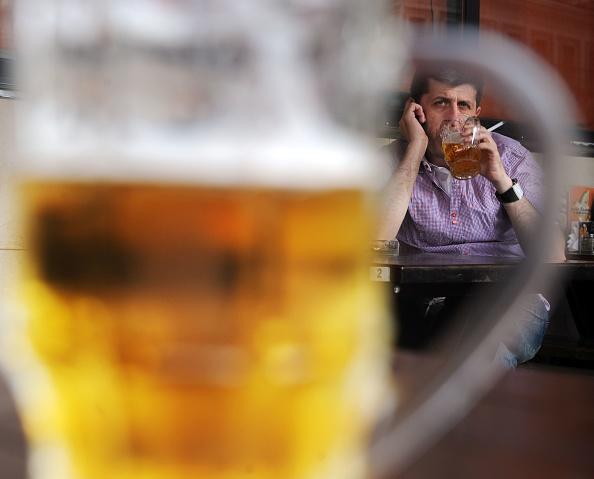Last month, close to 40,000 people, mostly women, gave up alcohol for FebFast and many others will be participating in Dry July.
These events began as fundraisers for various social causes. But the main reasons people cite for participating are related to personal benefits, including giving their body a break from alcohol and improving their health.


